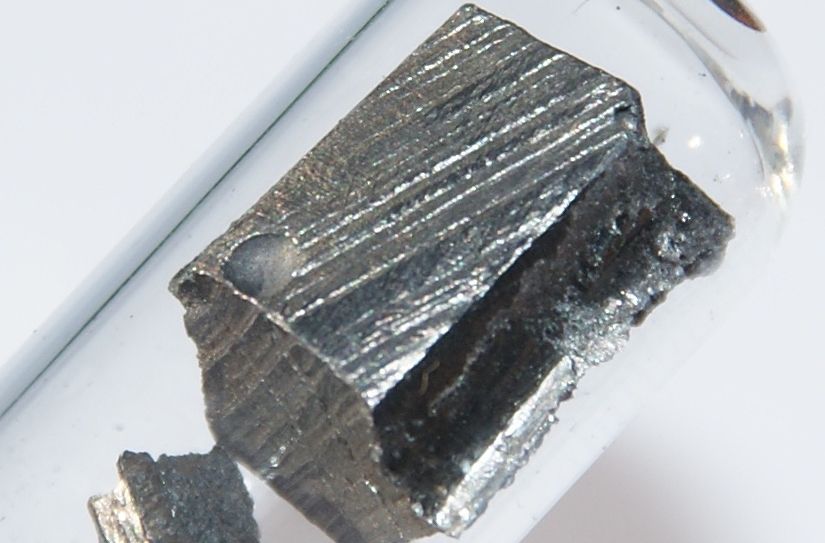China Planning Ban On Rare-Earth Magnet Tech Exports in Response to Chip Restrictions

The Lede: China is planning to implement a ban on the export of technology used to make rare earth magnets citing national security reasons. May be used as leverage in semiconductor market.
What We Know:
- Chinese officials are planning to amend a technology export restriction list, which was last updated in 2020. The amendments would ban or restrict exports of technology used to process and refine rare-earth elements.
- Additionally, there are proposed provisions in this plan that would ban or restrict the export of alloy tech for making high-performance magnets derived from rare earths.
- A total of 43 amendments or additions are included in the draft list that was first announced in December by China’s commerce and technology ministries. Chinese officials have also completed factoring in public comments from experts and the changes are expected to be implemented later this year.
The Background: The high-performance magnets that China is forming trade policies around are used in electric vehicles (EVs), wind turbines, and aircraft among other products. China dominates global rare earths production due to its lax environmental standards while it owns about 90% of the market for samarium cobalt magnets and roughly 84% of the market for neodymium magnets worldwide. Japan and the U.S. have both experienced the risks of relying on China in this space. The former has traditionally produced high-performance magnets while the latter uses them in finished products. China suspended exports of rare earths to Japan in 2010 after a disagreement over the Senkaku Islands (also known as the Diaoyu Islands). Most of the rare earths extracted in the U.S. go first to China for refining before being shipped back to the U.S. for their final purposes.
Likely Outcomes:
- China's share of all rare earths produced globally dropped to roughly 70% last year from about 90% a decade earlier according to the U.S. Geological Survey. The U.S. and its allies will make greater efforts to develop alternative rare-earth supply chains that do not depend on China. Depending on the costs, those affected by China’s policies may successfully pivot supply chains and production. Greater integration of mines in Australia and processing facilities in Malaysia are already underway while Canada, Brazil, Mongolia, India, Vietnam, Myanmar, and other countries are being revived or considered.
- China will likely use its policies on rare earths export as leverage to put pressure on the U.S. and allied countries that have recently banned or restricted the export of critical semiconductor products and technologies to China. The industry will be one of many that undergo divergence away from China among the U.S. and countries aligned with it.
Quotables:
"Japan intends to endeavor to strengthen supply chains for critical minerals and other commodities. We'll continue to closely monitor the institutional impact from China." – Hirokazu Matsuno, Japanese Chief Cabinet Secretary
“Our concern is that critical minerals could be as subject or vulnerable to manipulation as we’ve seen in other areas, or weaponisation.” – Jennifer Granholm, U.S. Secretary of Energy
Good Reads:
China weighs export ban for rare-earth magnet tech (Nikkei Asia)
China Contemplating Export Ban on Rare-Earth Magnets: Nikkei (Asia Financial)
China may ban export of rare earth magnets tech to counter US (Verdict)
